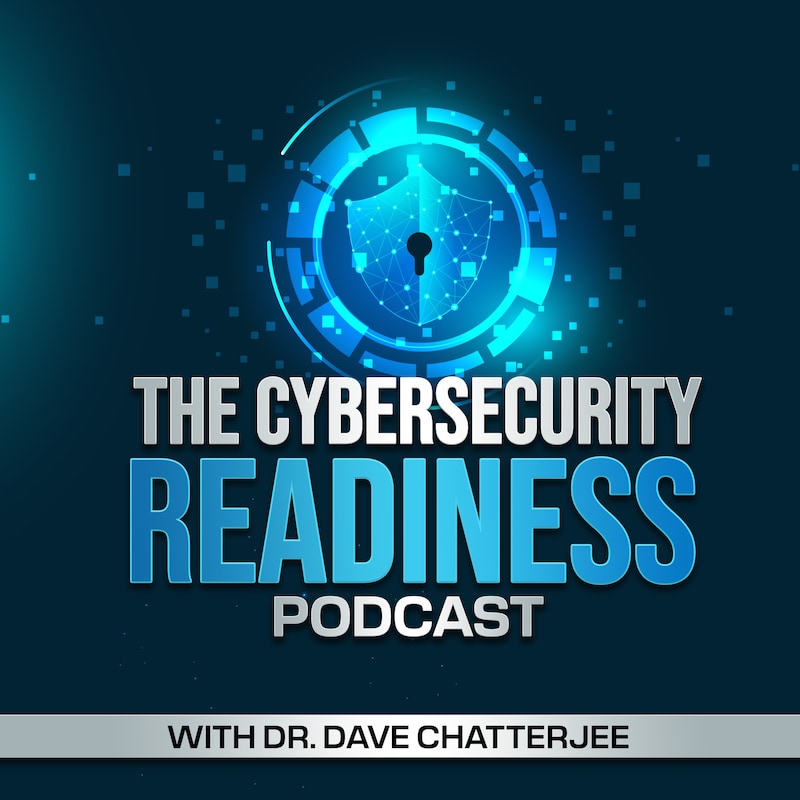Shownotes
According to a 2023 IBM report, companies take 197 days to identify a breach and 69 days to contain one on average. The delay between infection, detection, and containment can cost businesses millions of dollars. Only 45% of the companies polled had an incident response plan in place. In this episode, Markus Lassfolk, VP of Incident Response, Truesec, and Morten von Seelen, Vice President of the Truesec Group, who have extensive hands-on experience in dealing with major cyber attack incidents, shed light on this very important subject matter.
To access and download the entire podcast summary with discussion highlights --
https://www.dchatte.com/episode-54-enhancing-incident-response-effectiveness/
Connect with Host Dr. Dave Chatterjee and Subscribe to the Podcast
Please subscribe to the podcast, so you don't miss any new episodes! And please leave the show a rating if you like what you hear. New episodes release every two weeks.
Connect with Dr. Chatterjee on these platforms:
LinkedIn: https://www.linkedin.com/in/dchatte/
Website: https://dchatte.com/
Cybersecurity Readiness Book: https://www.amazon.com/Cybersecurity-Readiness-Holistic-High-Performance-Approach/dp/1071837338
https://us.sagepub.com/en-us/nam/cybersecurity-readiness/book275712
Latest Publications:
Preventing Security Breaches Must Start at the Top
Mission Critical --How the American Cancer Society successfully and securely migrated to the cloud amid the pandemic
Latest Webinars:
https://us02web.zoom.us/rec/share/5H3vdv8eJgZRFMEa_w-JApCjpBczEcwpsqY6HRRZl6gOfanvhDLN1oiVnFA_qSE.kFJ0JGmlJt2d30Ip




